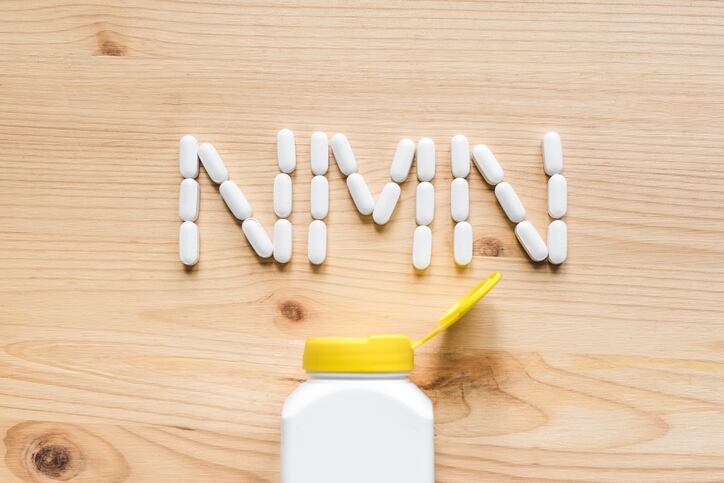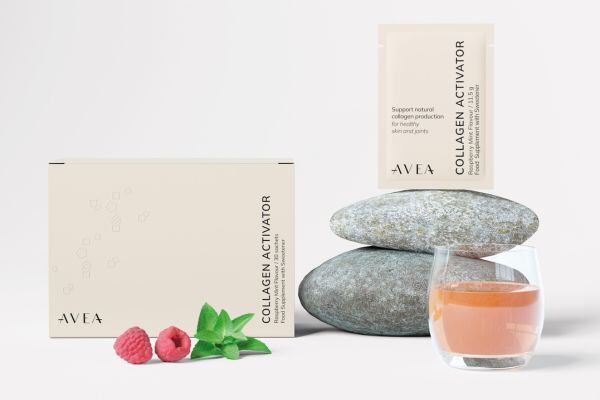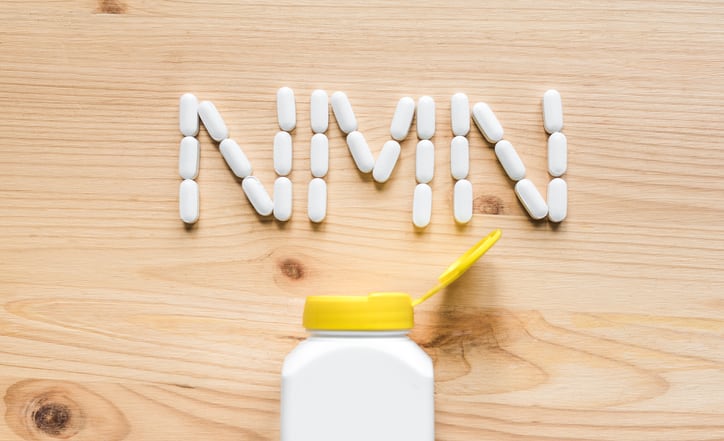It is proposing to use nuclear magnetic resonance to measure NMN amounts, the CNHFA said on an announcement on August 14.
Titled “Determination of β-nicotinamide mononucleotide (NMN) – nuclear magnetic resonance spectrometry”, the proposal is currently open for public consultation which will end before September 13.
This is designed in response to a lack of a standardised method and also to supervise NMN products which are currently only accessible in China via cross-border e-commerce (CBEC).
“The NMN ingredient is easily soluble in water, poorly soluble in organic solvents, not easily volatile, and easily forms salts within the molecule.
“These properties restrict the use of many conventional quantitative analysis methods. Therefore, there are currently only a few reports on the quantitative analysis of NMN.
“The main detection methods include high performance liquid chromatography, liquid chromatography tandem mass spectrometry, capillary electrophoresis swimming method, and nuclear magnetic resonance spectroscopy etc,” said the proposal.
The association is proposing to use proton nuclear magnetic resonance (H-NMR) as a method to measure NMN amounts in supplements that come in the form of tablets, powder, and granules etc.
Aside from NMN amounts, the proposal has also come up with a formula to measure the purity of NMN.
The proposed methods have been validated by three local Chinese institutions, namely 1) Beijing NMR Center, 2) the Institute of Biophysics, part of Chinese Academy of Sciences, and 3) Qinhuangdao customs technical centre.
It was concluded that the methods have high accuracy, good stability, and could be replicated, and are good techniques that could be applied on CBEC products.
NMN status in China
In China, NMN is currently not yet approved for use in pharmaceuticals, health foods, as food additives, or novel food raw material – the only exception is its use as a novel raw material in cosmetics.
Consumers could only purchase NMN supplements via cross-border e-commerce (CBEC) for personal use.
As CBEC products could bypass the local authority’s health foods filing or registration requirements, the CNHFA said that these products were more prone to safety and quality risks and hence the call for an industry standard.
“Cross-border e-commerce retail imports of goods do not have to comply with the relevant first import license approval, registration or filing requirements.
“There is a level of difficulty when it comes to the supervision of such products, be it issues related to false claims or exaggerated advertising, whether there are product warnings printed in Mandarin, the authenticity of their origins, as well as food quality and safety,” said the proposal.
The price of NMN products is usually determined by their country of origin, production technique, the brand, the presence of other active ingredients, and the amount of NMN.
As such, the association believes that there is a need to build an advanced and precise method to measure NMN levels in health supplements.
This is not only to regulate the quality of CBEC products, but also protect consumer rights and market order, it said.
The four main NMN raw material suppliers at the moment are GeneHarbor, Herbalmax, Shinkowa, and EffePharm, added the association.





